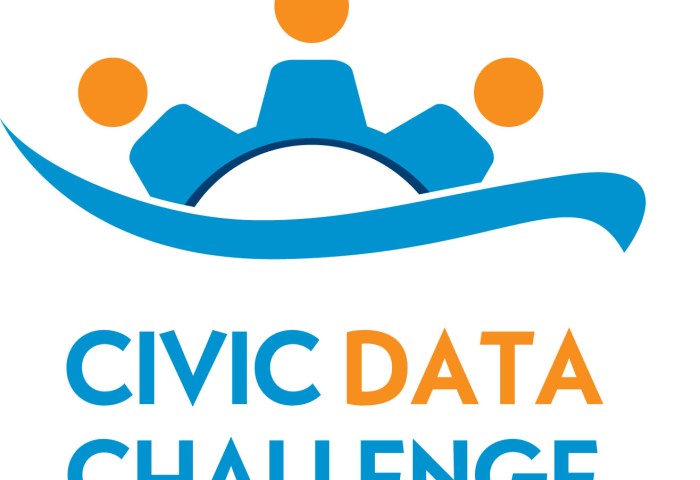Today live from its Annual Conference, the National Conference on Citizenship (NCoC) is celebrating the winners of the Civic Data Challenge. David B. Smith, NCoC’s executive director, blogs about the challenge and its winners. We have used civic health data for years to understand civic life in communities across the country, and to take an […]
Article · September 14, 2012 by David Smith
